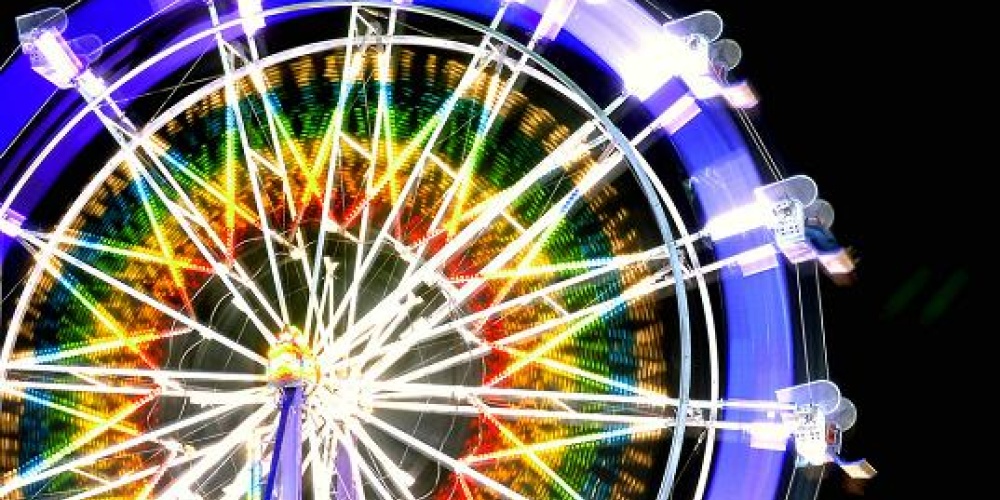It may therefore come as a surprise that, at least according to some Talmudic views, the coming of the Messianic Age is actually somewhat negative, and not something we would look forward to. "Rav Simeon ben Eleazar said: Perform [mitzvoth] while you can, and you have [the financial means], and it is still in your control. And even Shlomo said in his wisdom: Remember your Creator in the days of thy youth, before the evil days come, and the years draw nigh, when thou shalt say: 'I have no pleasure in them' (Kohelet 12:1). 'I have no pleasure in them'--this refers to the Messianic era, wherein there is neither merit nor guilt" (Shabbat 151b).
As Rashi explains, in the Messianic Era poverty will be erased, depriving man of his ability to perform the mitzvah of tzedakah. Ironically, though it is through the mitzvah of tzedakah that the redemption will arrive: "Zion shall be redeemed with justice, and they that return by tzedakah" (Isaiah 1:27)--once it arrives, tzedakah will no longer be necessary. This inability to perform the mitzvah of which we are taught "and charity saves from death" (Mishlei 10:2) is so distressing that the Messianic Era will be an age when one will say, "I have no pleasure in them".
This concept is similar to one we find in the case of death, which is tragic not so much for the loss of life--we believe in both resurrection and an afterlife--but because in death, the opportunity to perform mitzvoth is permanently lost.
Yet, the Talmud immediately notes that this view of Rav Shimon ben Elazar is disputed by the teaching of Shmuel, that "there is no difference between this world and the Messianic Days save for the subjugation of nations". For those blessed to be living in peace and freedom, life in the Messianic era will change little. No overt miracles, no suspension of nature, and no end to poverty--"as it says, 'the poor shall never cease out of the land'" (Devarim 15:11). Not surprisingly, the Rambam actually codifies the view of Shmuel.
While this view of Shmuel might sound boring--we waited so long just for this?--to borrow a teaching of Rav Yochanan ben Zachai from another context, "if only" (Brachot 28b).
The Jewish ideal is that we are to have both the poor and the wealthy--each one presents opportunities and difficulties and, truth be told, it is not always clear who faces greater challenges.

